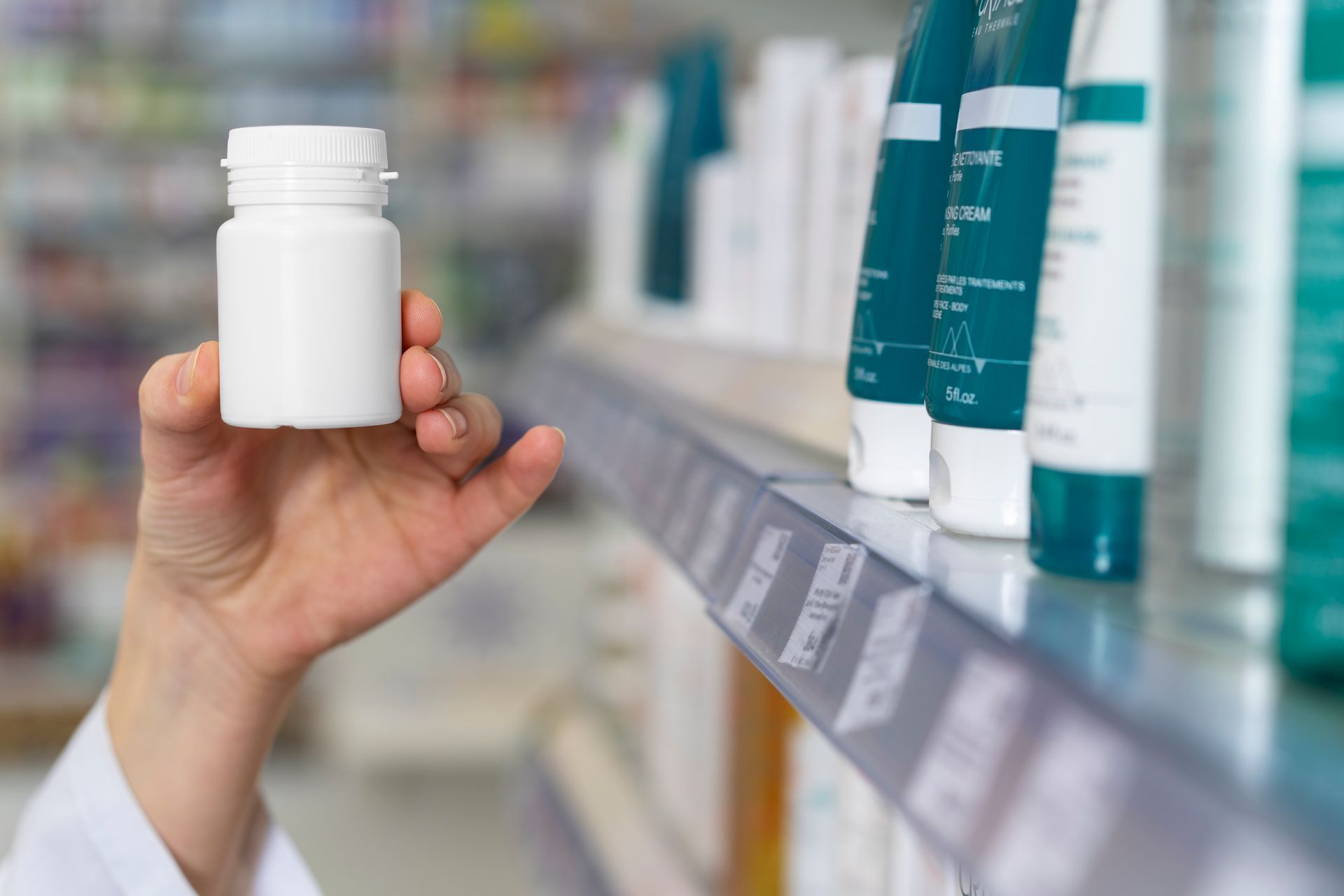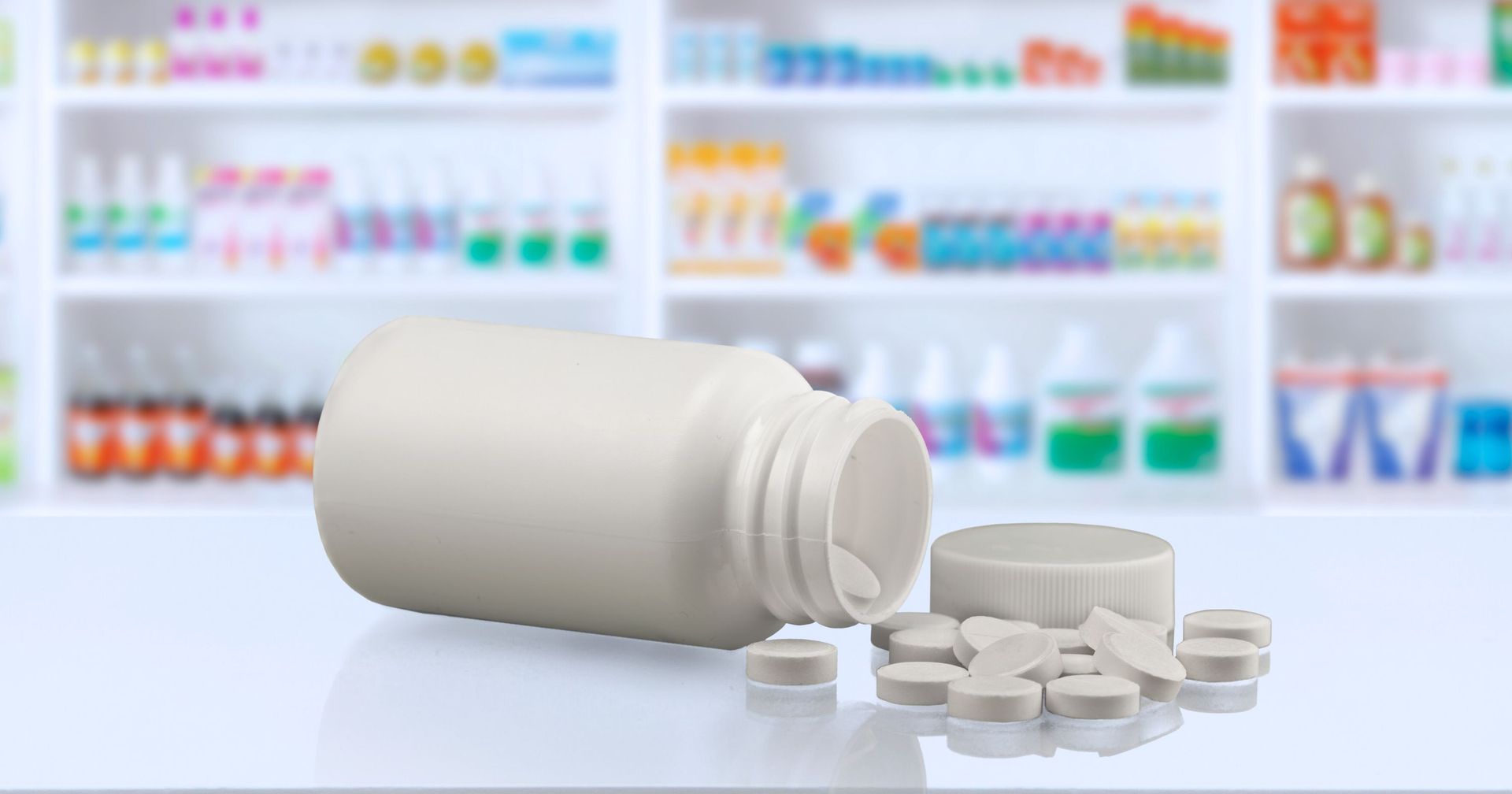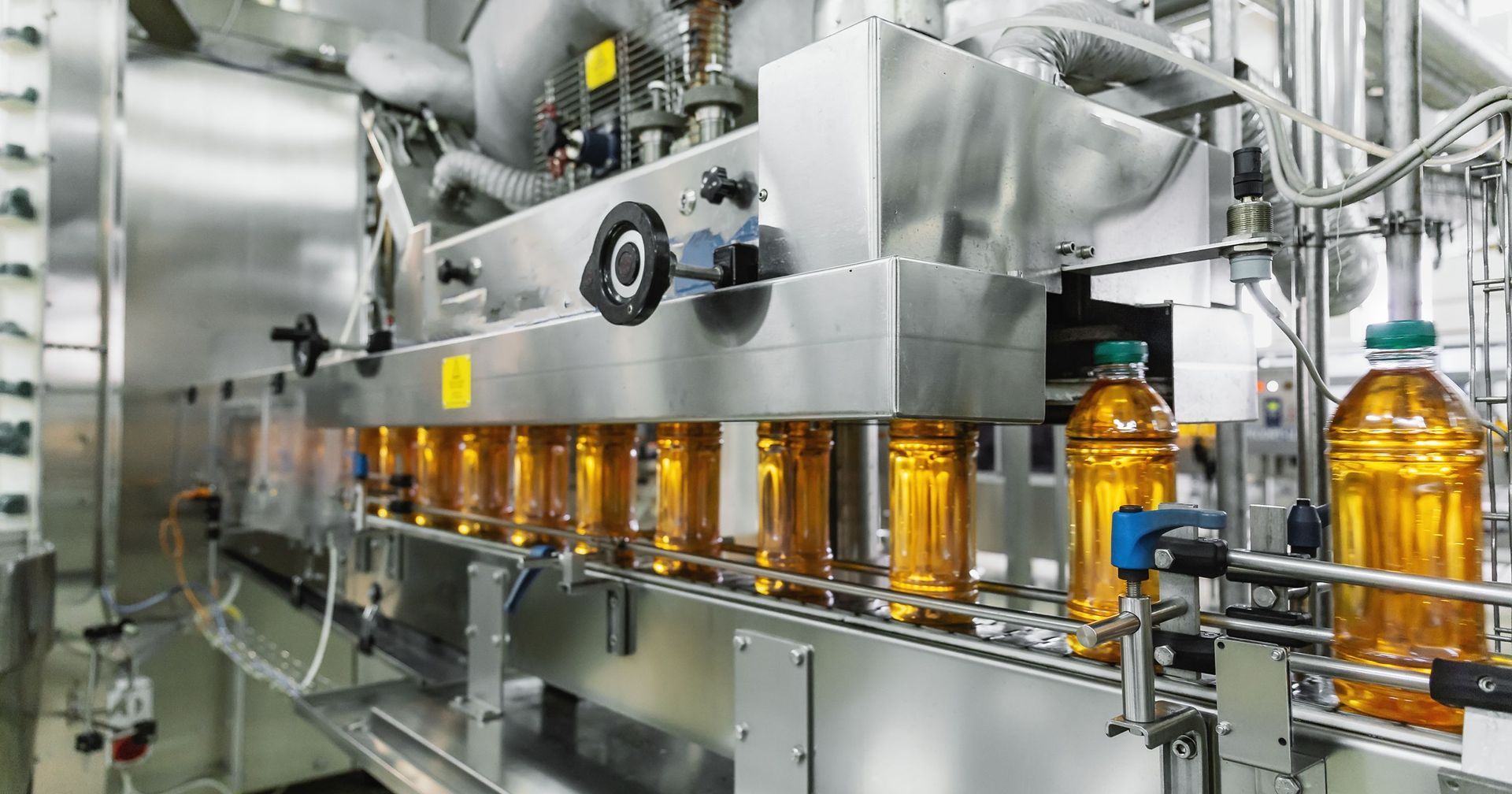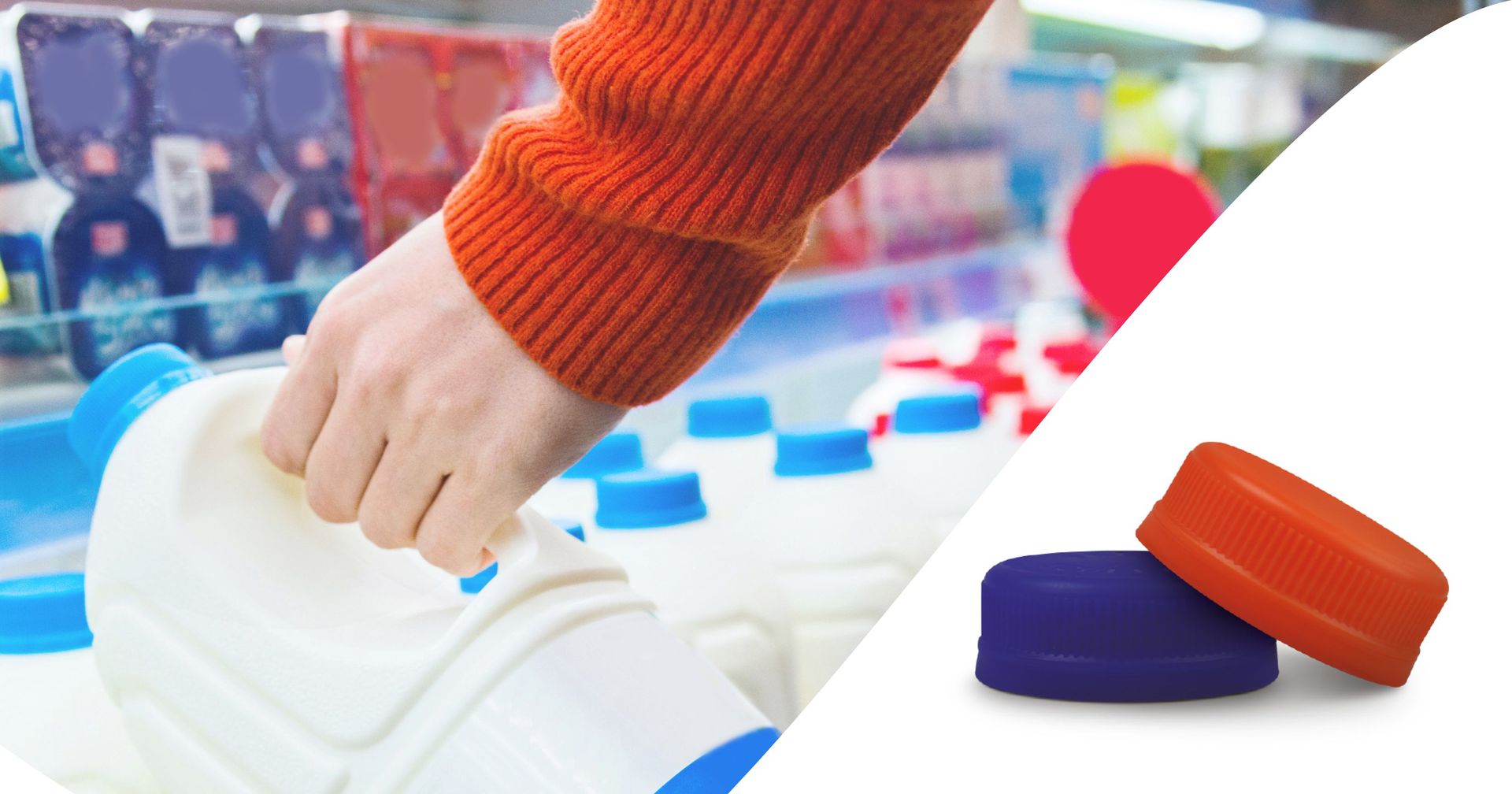The myth behind the negative impact of PVC on health and the environment.
Juan Carlos Cuevas • 29 de agosto de 2022
A myth has been generated in recent years about PVC and the negative impact it has on health and the environment, in order to confirm or deny all the myths that have been generated around PVC , it is important to know what it is, what it is made of and, in reality, whether it is a problem for human being or not.
First we will do a technical review of what polyvinyl chloride (better known by its acronym PVC) (C2H3Cl) (also, polyvinyl chloride) is the product of the polymerization of vinyl chloride monomer. It is the most versatile plastic derivative. It can be produced by four different processes: suspension, emulsion, mass and solution. It appears as a white material that starts to soften at around 80 °C and decomposes at around 140 °C. It is an addition polymer and also a resin resulting from the polymerization of vinyl chloride or chloroethene.
Why is PVC said to be the least petroleum-dependent plastic?
This is because 43% of the PVC molecule comes from petroleum and 57% from salt, an unlimited source. On the other hand, it is remarkable that only 4% of the total oil consumption is used to manufacture plastic materials, and, of these, only one eighth is used for PVC.
Now, on the other hand, we will talk about the benefits or properties of PVC, which make it occupy a privileged place among plastics, this are the following: lightweight; inert and completely harmless; fire resistant (does not propagate flame); waterproof; isolator (thermal, electrical and acoustic); weather resistant; highly transparent; protector of food and other packaged products, and medical applications (e.g., for transfusion, serum and dialysis; surgical gloves); cost effective; easy to process (by extrusion, injection, calendering, thermoforming, pressing, coating and molding of pastes); and recyclable. Thanks to all these properties, we can assure that it is a highly efficient material to satisfy various needs for different industries, including the food industry manufacturing PVC bottles to package water that can be consumed by humans.
PVC is a felixble molded material, with low resistance to light and heat, sensitive to solvents, meaning very poor in its physical and mechanical properties, which rather than a disadvantage becomes the greatest of its strengths since it can be formulated to modify and improve each and every one of its properties, hence its versatility.
For the food industry, PVC has become its best ally to produce PVC bottles for human consumption, keeping the product harmless, without giving off odors or taste.
Grupo Arcoiris manufactures, under strict quality standards and FDA approved resins, PVC bottles of 19 and 20 litters with an innovative formulation which allows PVC bottles to be resistant to impact, do not give off odors or taste and keep their contents harmless.
Request a sample or a quotation. Contact us by clicking here.










